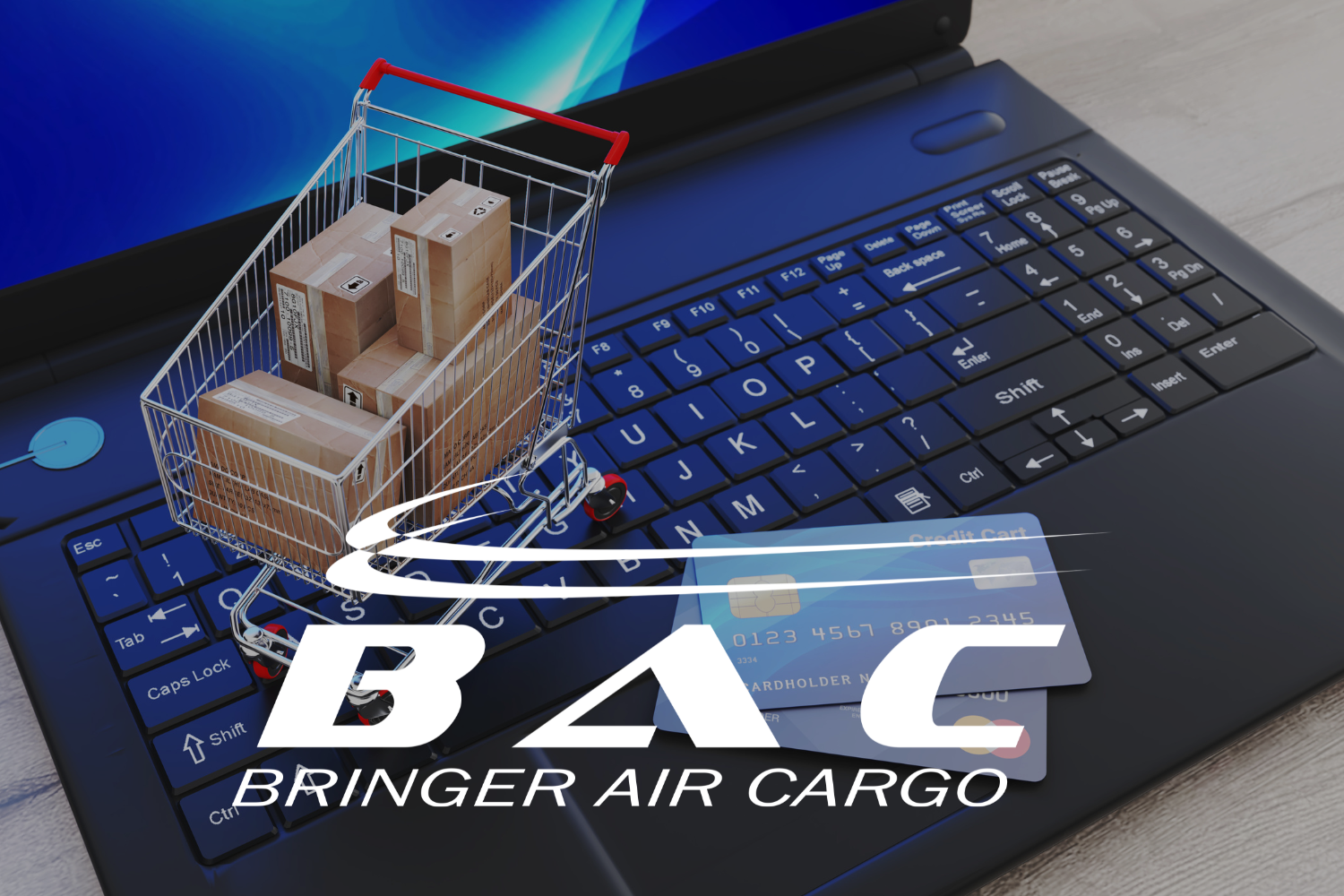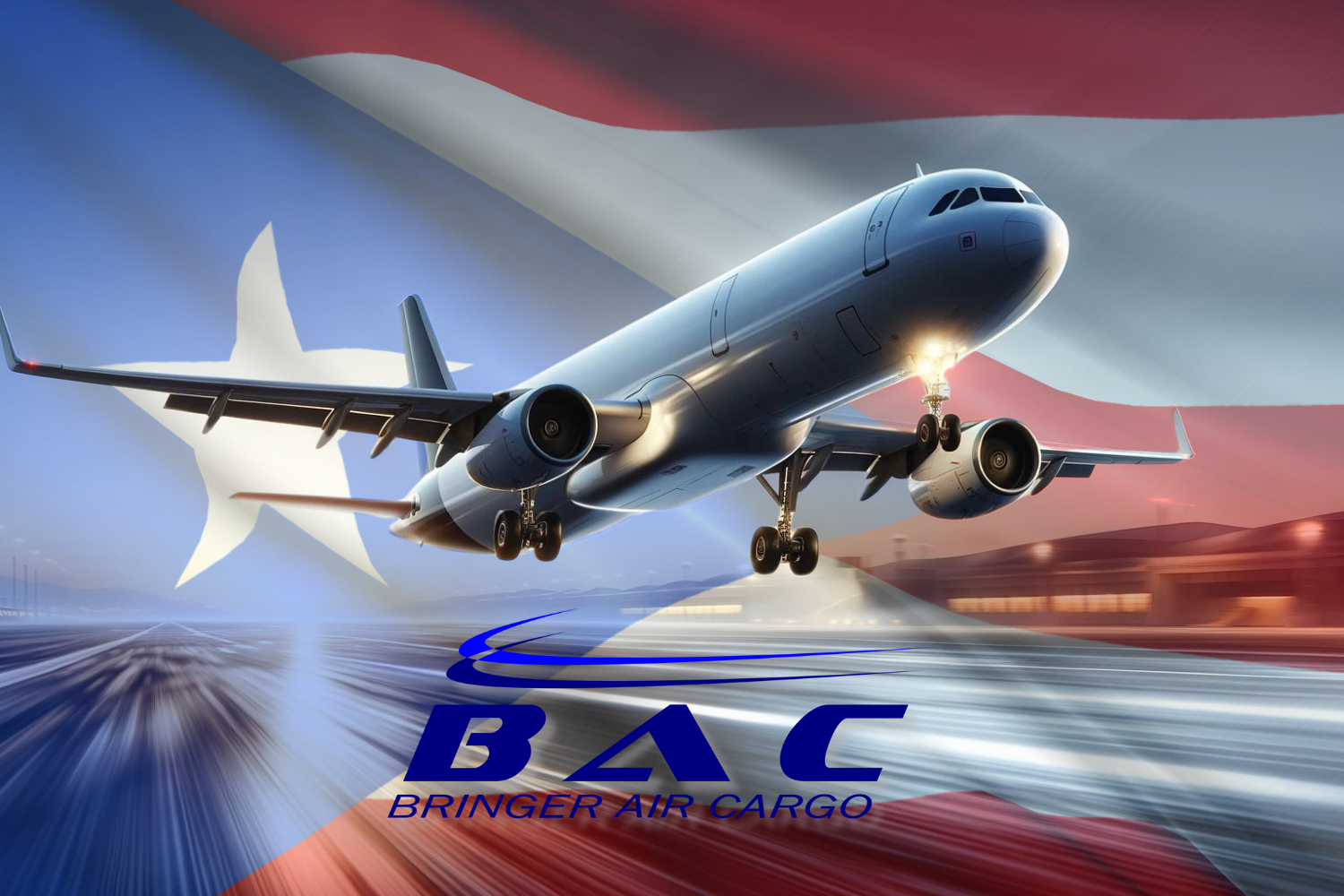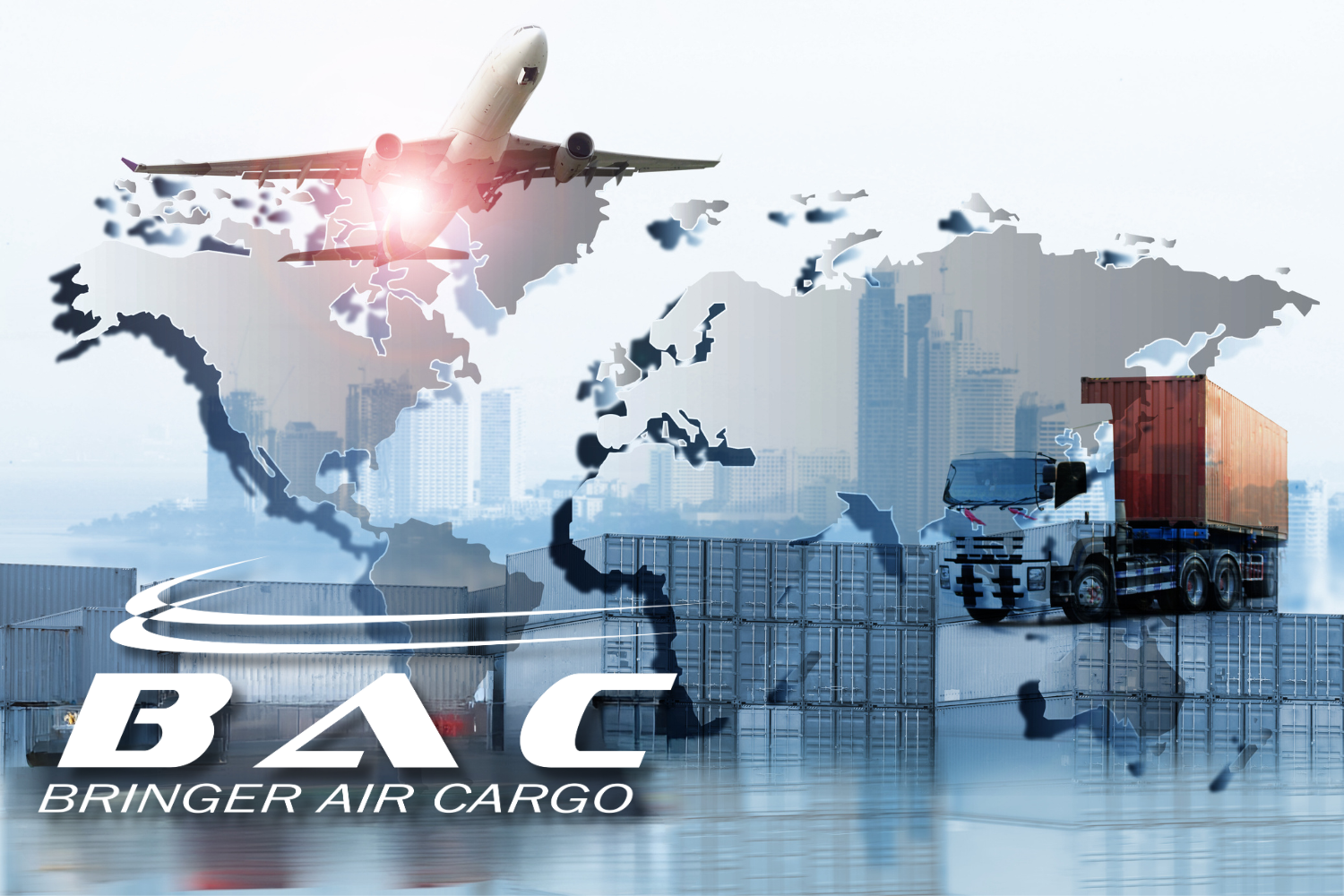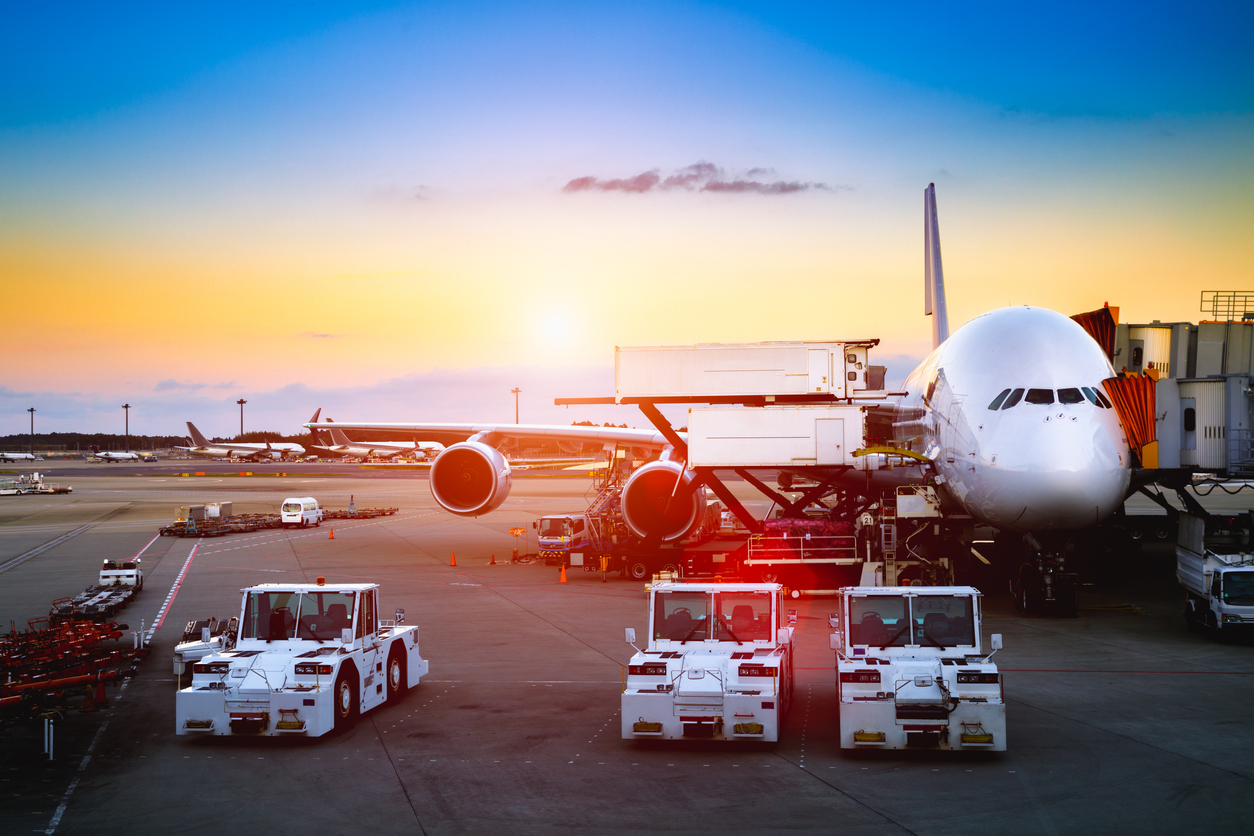The Role of E-Commerce in Shaping International Express Shipping
The rise of e-commerce has revolutionized the way we buy, sell, and most importantly, how products are moved globally. This transformation has not only impacted consumers and online sales platforms but has redefined international express courier services, adapting them to the new needs for speed, efficiency, and flexibility. In this context, companies like Bringer Air Cargo (BAC), with its specialization in the Latin American market and its commitment to operational excellence, play a crucial role.
The Beginnings of E-Commerce
E-commerce began to take shape in the 1990s with the advent of the internet to the general public. The earliest electronic transactions marked the beginning of a new era in which physical barriers began to fade. This new business model allowed merchants to offer their products to a wider audience without the need for a physical storefront, radically changing the traditional commerce paradigm.
Transformation of Air Freight
As e-commerce gained popularity, the demand for express courier services and air freight transportation increased significantly. Online purchases know no borders, which has forced logistics companies to optimize their operations to handle growing volumes of packages and reduce delivery times. Air freight, in particular, has become a critical link in this chain, providing the speed necessary to meet consumers’ expectations for rapid delivery.
The Impact of Fulfillment
The concept of fulfillment, or order fulfillment, has been another transformative factor, introducing logistics solutions that integrate storage, packaging, and shipping of products. This evolution has enabled online stores to offer superior shopping experiences, with faster and more flexible delivery options. Technological advancements in inventory management and warehouse automation have been key to this development, allowing companies like BAC to efficiently handle large volumes of cargo.
Bringer Air Cargo: A Leader in Transformation
In this scenario, Bringer Air Cargo stands out for its specialization in the Latin American market, offering exceptional air transportation services. With affiliations to renowned organizations such as IATA, SITA, and ICAO, BAC ensures excellence in every aspect of its operations. Its focus on innovation and service quality allows it to quickly adapt to the changing demands of e-commerce, significantly influencing air cargo movements in the region.
Future Perspectives
Looking ahead, e-commerce is expected to continue growing, driven by technological innovation and changes in consumption habits. Over the next five years, the ability of logistics companies to integrate advanced technological solutions, such as artificial intelligence and data analytics, will be crucial for handling even larger cargo volumes and offering shorter delivery times. Bringer Air Cargo, with its commitment to excellence and innovation, is well positioned to lead this change, facilitating the continuous evolution of international express courier services in the era of e-commerce.
The transformation of e-commerce is ongoing, and with it, the role of specialized air freight services like those offered by Bringer Air Cargo becomes increasingly vital. Their influence in the Latin American market and their commitment to innovation place them in a unique position to make a difference in how we connect through global trade.






































































